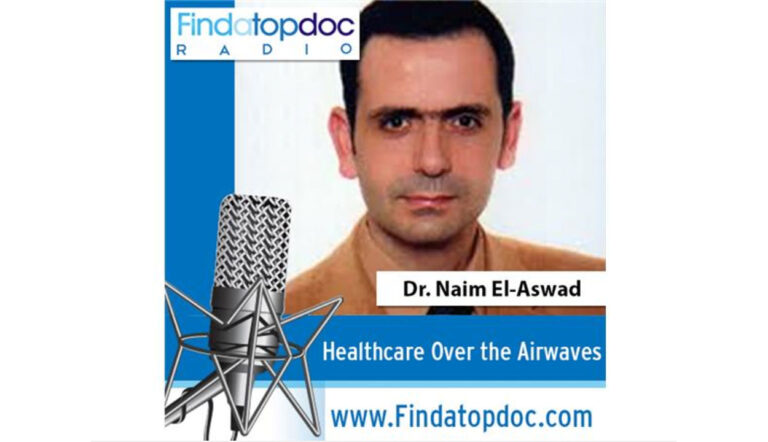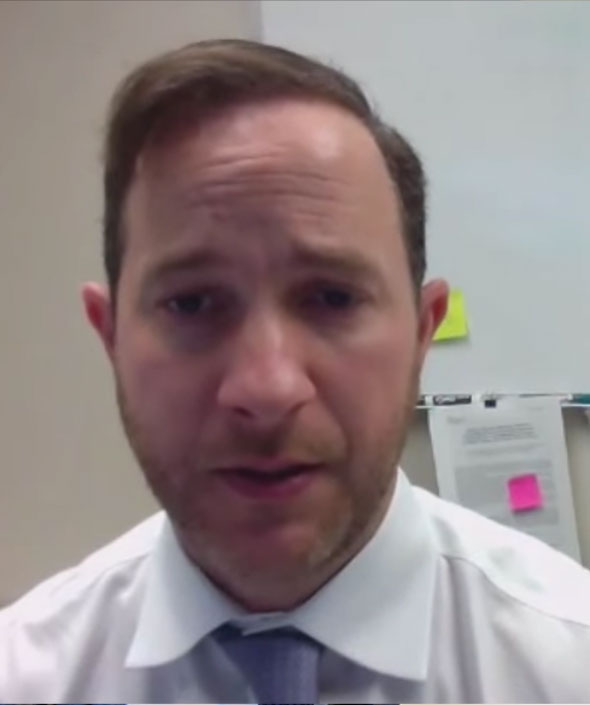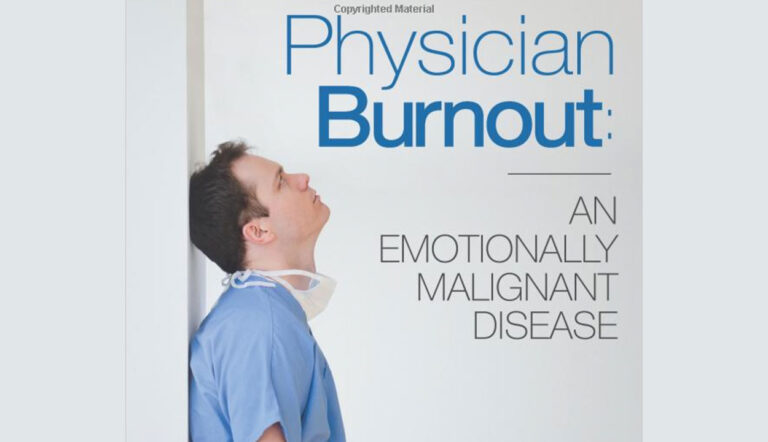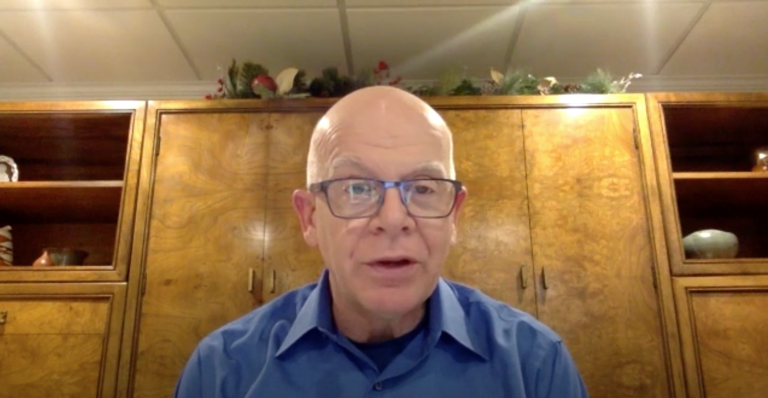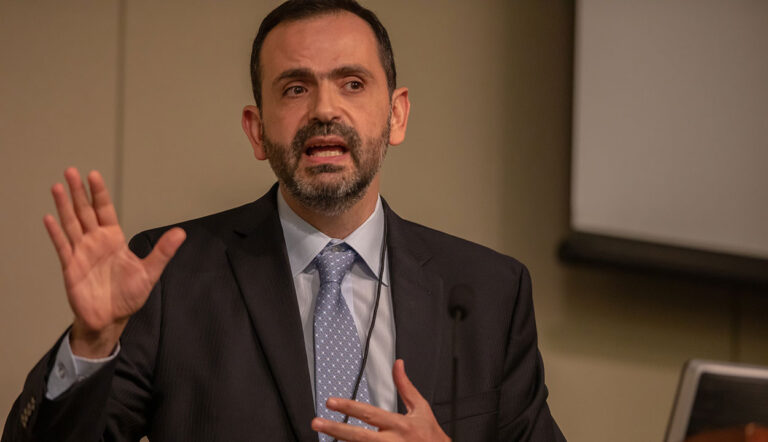“Medicine is only for those who cannot imagine doing anything else.” Dr. Luanda Grazette.
What makes physicians happy? Where do they get their satisfaction from? Why did they enter the field of medicine? You see, medicine is a calling; that calling has a singular defined purpose – to help. In the past I have written about medicine arising from the primal sympathy of one man to another and the desire to help. Purpose is the reason we develop a vision with goals and objectives. The fulfillment of that purpose is the foundation of satisfaction on a personal and professional level. Now let us consider a few truths:
- One-third of practicing physicians plan to change their profession within 10 years.
- The number of students entering medical schools is decreasing each year.
- Over 50% of physicians are burned out.
- Only 10% of physicians recommend medicine as a career.
- Physicians who leave corporate medicine and serve as volunteers – away from the rules and regulations – are much more fulfilled, engaged and happy.
And the list that describes the miserable and shocking state of physicians continues. Why is that? Because:
“People lose their way when they lose their why.” Michael Hyatt.
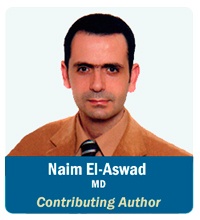 From prior blogs and from the storm known as “physician burnout” that is hitting schools, residencies and practices alike, you are probably aware of physician burnout and may be very knowledgeable on the topic. Physician burnout has been linked to increased morbidity and mortality for both physicians and patients. The current state of medicine has seen it widen the gap between purpose and achievement. In other words, the profession we practice – our sacred calling – has become by design the very reason we “lose our why.” How did this happen? To achieve our purpose, physicians need to satisfy the three components of their interactions with their patients. These three components are the basis for any relationship between two people:
From prior blogs and from the storm known as “physician burnout” that is hitting schools, residencies and practices alike, you are probably aware of physician burnout and may be very knowledgeable on the topic. Physician burnout has been linked to increased morbidity and mortality for both physicians and patients. The current state of medicine has seen it widen the gap between purpose and achievement. In other words, the profession we practice – our sacred calling – has become by design the very reason we “lose our why.” How did this happen? To achieve our purpose, physicians need to satisfy the three components of their interactions with their patients. These three components are the basis for any relationship between two people:
- Emotional: The need for empathy and connection
- Cognitive: The need for understanding, analysis, and diagnosis
- Behavioral: The need to take action that results in “helping” the patient
If we look at the current state of medicine, here is what physicians end up with:
- Emotional: During training, physicians are often programmed and encouraged to lose their empathy and humanity and to view patients not as human beings, but as cases and diagnoses. The very essence of medicine – that primal sympathy to connect – is, for lack of a better term, ordered to be left outside the practice of medicine. The first step in distancing a physician from purpose starts in medical school, is reinforced in residency training, and is depended upon during the practice years.
- Cognitive: Physicians are asked to do more and more tasks that have no medical importance and that do not help in the purpose of medicine. Those tasks (regulations, paperwork, EMRs, clerical, managerial, etc.) create a condition known as cognitive scarcity; that in turn diverts the physician’s abilities from diagnosing and analyzing. It forces the physician to focus his/her energy on non-medical issues, causing the distance between physician and purpose to grow.
- Behavioral: Literature has shown that patients are more interested in how physicians talk to them rather than their abilities as clinicians. Further, the whole pay-for-performance system relies on “customer service” evaluations rather than clinical competency. Why in the world would an evaluation focus not on the life-saving abilities of physicians who have sacrificed so much to be able to “help,” but on the way greeting and communication occurs? Please do not mistake my question as belittling the importance of connectedness and communication with the patient. As Theodore Roosevelt once said, “No one cares how much you know until they know how much you care.” But it is fair to question a whole system of medicine that tends to ignore the clinical abilities of physicians in favor of their communication skills. The chasm between purpose and practice continues to grow.
When physicians look at their day-to-day tasks, primal sympathy and purpose are lost in the current world of the medical profession. How do we fix this? Physicians may seem like complex beings, but they are not. They entered a demanding, self-sacrificing, life-altering, pressure-filled, relentless, grueling, and sometimes unforgiving profession for the most moral of all rewards – helping another human being. It all is worth it if, according to my colleague, they would let us be doctors! Physician burnout starts with physician dissatisfaction. If you want to help control and reduce burnout, allow physicians to connect with their purpose. Why? Because simply stated:
“Burnout cannot exist where there is purpose.” Matt Manero
There is no stronger driving force behind the best practice of medicine than a satisfied and fulfilled physician. Physician satisfaction is and WILL ALWAYS BE the alpha and omega of our sacred profession.

